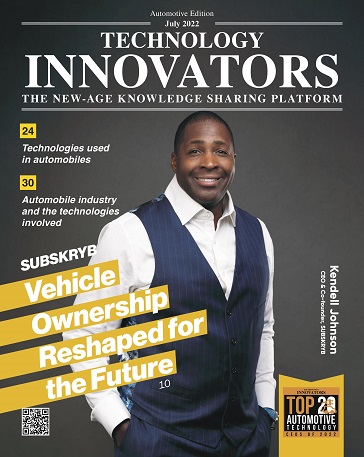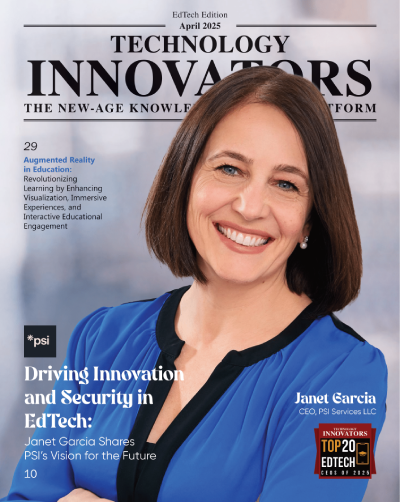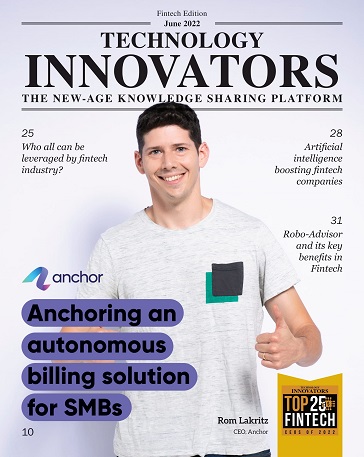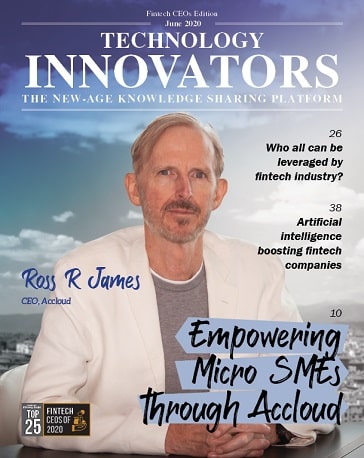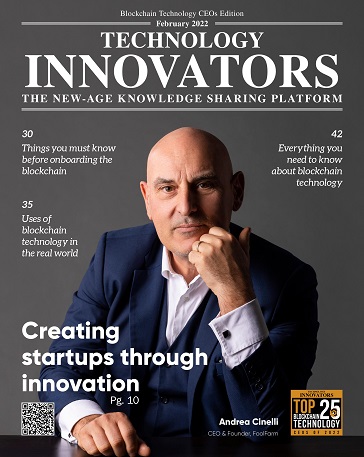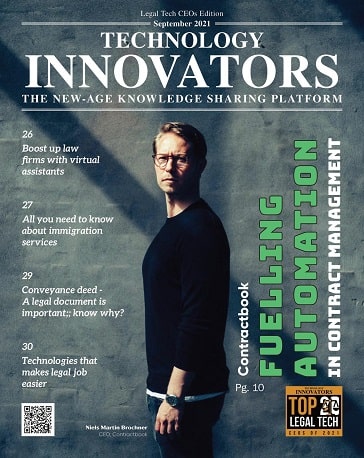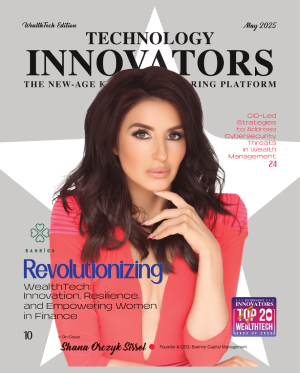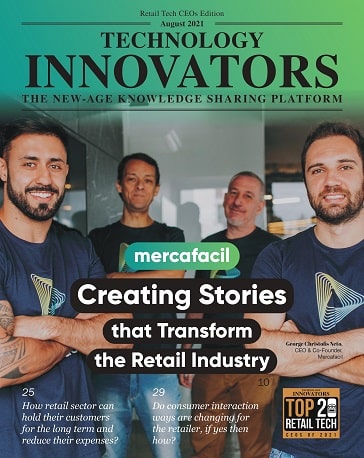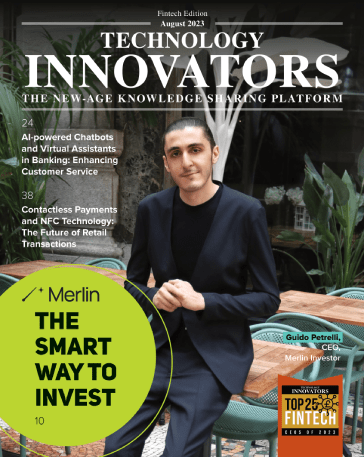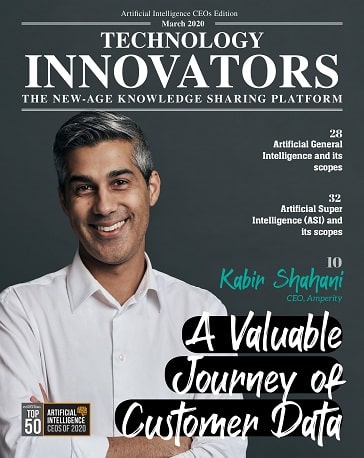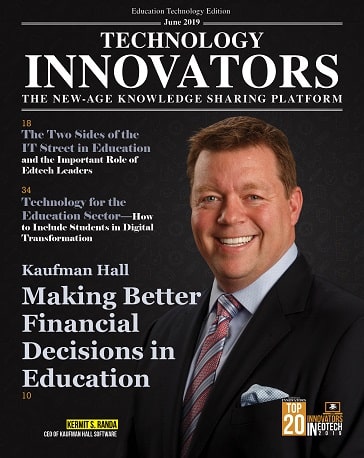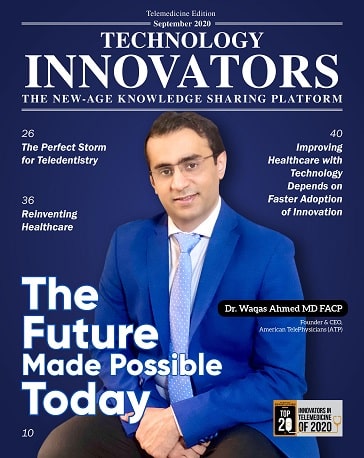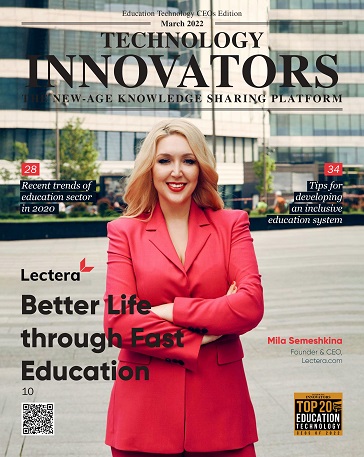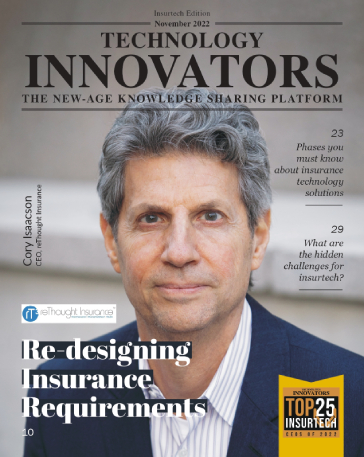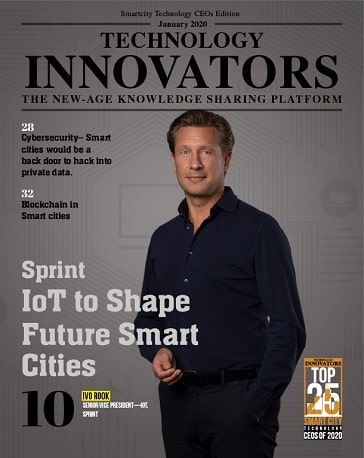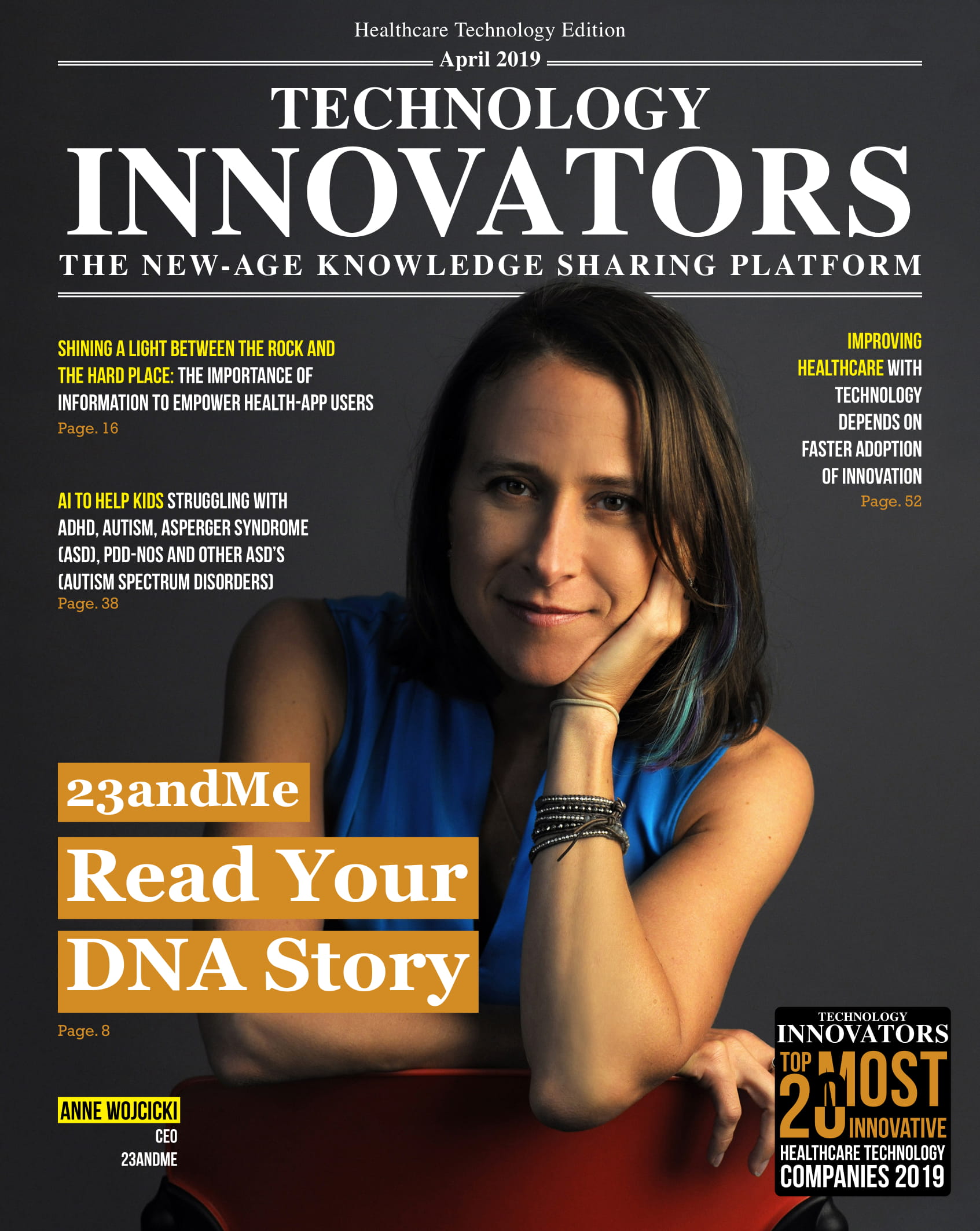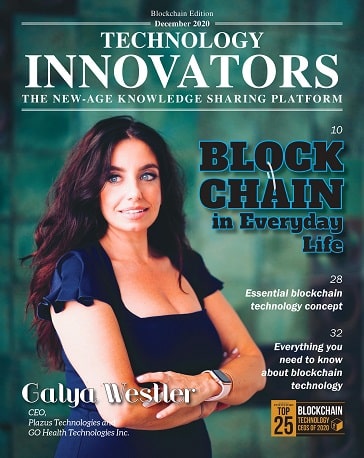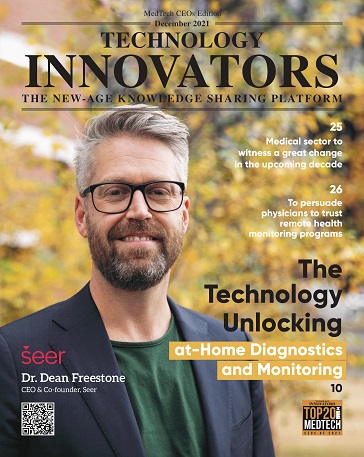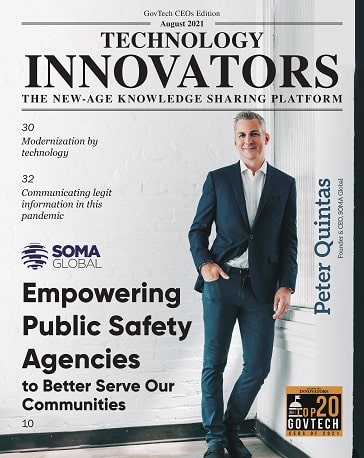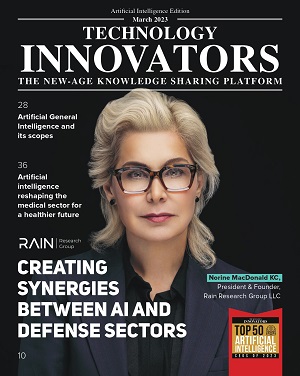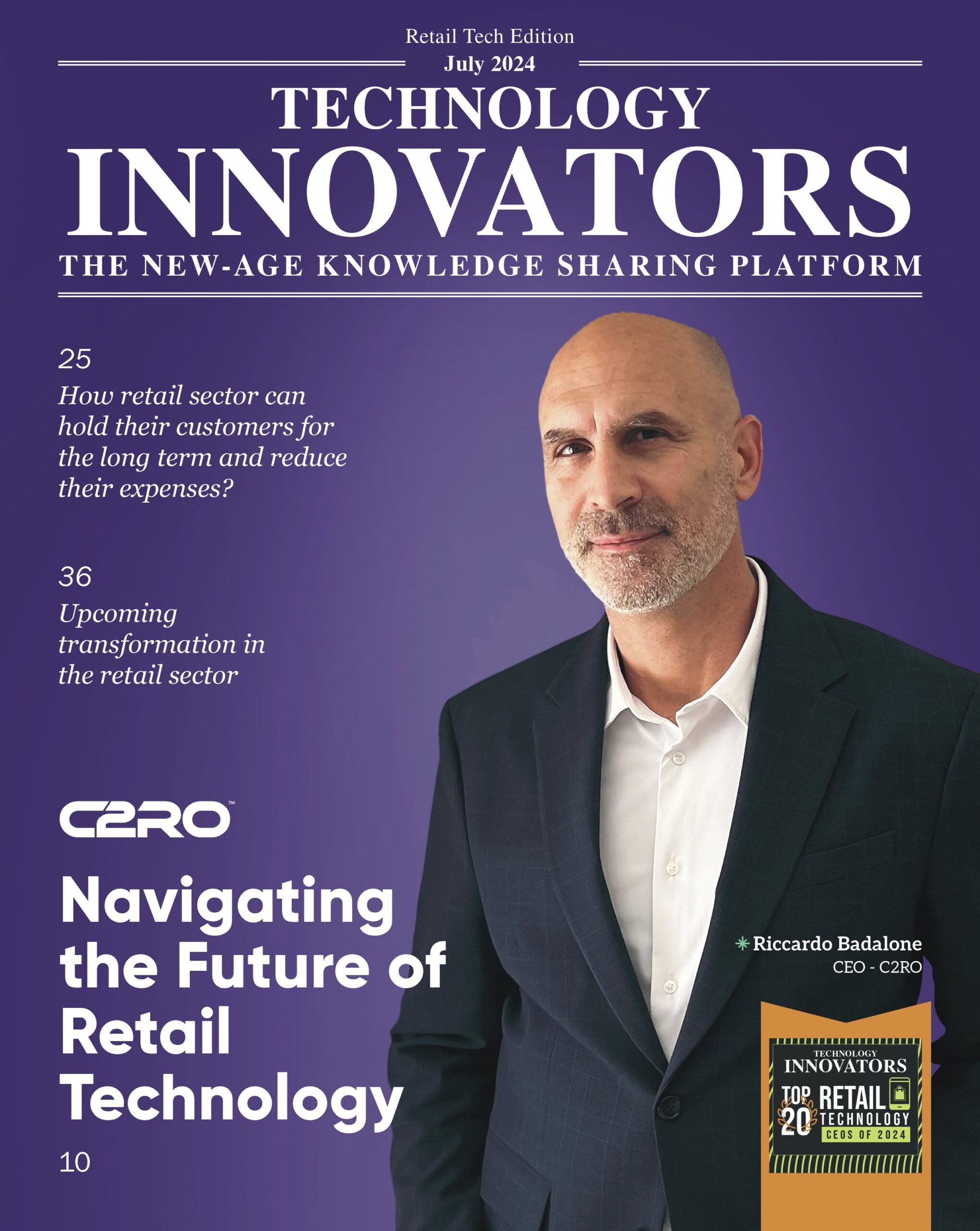1. Artificial Intelligence and Machine Learning
Artificial intelligence (AI) and machine learning (ML) have been at the forefront of technological innovation for several years. These technologies enable machines to learn from data and perform tasks that traditionally required human intelligence, such as decision-making, problem-solving, and pattern recognition. AI is not just a trend but a transformative force across every industry, from healthcare to finance, manufacturing, and beyond.
Key Applications:
- Healthcare: AI is revolutionizing diagnostics, patient care, and drug discovery. Companies like DeepMind (owned by Alphabet) are developing AI systems that can predict medical conditions from images, while IBM Watson Health is applying AI to speed up drug discovery and personalize treatments.
- Finance: AI is automating financial services, improving fraud detection, and driving personalized financial advice. Ant Group and Square use AI to optimize digital payments, and hedge funds use AI to analyze market trends and make predictive trades.
- Autonomous Vehicles: AI, particularly deep learning, is a key driver of the autonomous vehicle revolution. Tesla, Waymo (a subsidiary of Alphabet), and Cruise (owned by General Motors) are working tirelessly on AI-powered self-driving technology.
- Manufacturing and Logistics: AI-powered automation and robotics are streamlining supply chains and production lines. Companies like Siemens and GE are using AI to optimize factory operations, while logistics firms like Amazon and DHL leverage AI for route optimization and inventory management.
2. Quantum Computing
Quantum computing is an emerging field that holds the promise of revolutionizing industries by solving problems that are currently intractable for classical computers. While still in its infancy, quantum computing has the potential to dramatically accelerate advancements in AI, cryptography, and material science.
Key Innovators:
- IBM: With its IBM Quantum initiative, the company is making significant strides in building quantum computers that are more accessible to businesses and researchers. IBM’s quantum computing platform offers cloud access to quantum processors, allowing businesses to test quantum algorithms and integrate them into their operations.
- Google: Google’s Quantum AI division is focused on advancing quantum computing through its Sycamore processor, which made headlines in 2019 by achieving “quantum supremacy” by performing a task that would be practically impossible for classical computers.
- Microsoft: Microsoft is developing a topological qubit as part of its Azure Quantum platform, which aims to provide scalable and stable quantum computing solutions for a wide range of industries.
Applications:
Quantum computing has the potential to disrupt several fields:
- Cryptography: Quantum computers can potentially break current encryption methods, forcing a shift to quantum-safe algorithms.
- Drug Discovery and Materials Science: Quantum computers can model complex molecules with unprecedented accuracy, accelerating the development of new drugs and materials.
- Optimization: From logistics to finance, quantum computing promises to solve optimization problems more efficiently than current technologies.
3. Blockchain and Decentralized Systems
Blockchain technology, best known for its association with cryptocurrencies like Bitcoin, is revolutionizing industries by providing a secure, transparent, and decentralized way to record transactions. Blockchain’s ability to create trust without intermediaries is transforming sectors such as finance, supply chain, and healthcare.
Key Innovators:
- Ethereum: The blockchain platform created by Vitalik Buterin and his team allows for decentralized applications (dApps) and smart contracts. Ethereum is widely regarded as one of the most influential blockchain technologies today.
- IBM: Through its IBM Blockchain initiative, the company is helping businesses implement blockchain solutions in industries such as supply chain management, banking, and healthcare.
- Chainlink: Chainlink is an innovative decentralized oracle network that enables smart contracts to securely interact with external data, APIs, and payment systems, bridging the gap between blockchain and the real world.
Applications:
- Cryptocurrency: Cryptocurrencies like Bitcoin, Ethereum, and newer entrants such as Cardano and Polkadot are providing decentralized financial solutions.
- Supply Chain Transparency: Companies such as Walmart, Maersk, and De Beers are using blockchain to track products through the supply chain, ensuring transparency and authenticity.
- Smart Contracts and Decentralized Finance (DeFi): Blockchain enables self-executing contracts and financial services without intermediaries, leading to the rise of DeFi platforms like Uniswap and Aave.
4. The Internet of Things (IoT)
The Internet of Things (IoT) refers to the growing network of interconnected devices that collect and exchange data. From smart homes and cities to industrial applications, IoT is transforming how devices interact, enhancing convenience, automation, and real-time decision-making.
Key Innovators:
- Amazon: With its Alexa ecosystem, Amazon has created a ubiquitous smart home platform, allowing users to control devices, manage routines, and access services via voice commands.
- Cisco: Cisco’s IoT solutions power smart cities, industrial automation, and connected health systems, enabling organizations to harness the power of data generated by IoT devices.
- Qualcomm: Qualcomm is a leader in IoT connectivity, providing solutions for smart home devices, wearables, and autonomous vehicles.
Applications:
- Smart Homes: IoT enables the automation of home systems such as lighting, heating, and security, making everyday life more efficient and convenient. Google Nest and Ring are prominent players in the smart home market.
- Healthcare: IoT-powered wearable devices like Fitbit, Apple Watch, and Oura track health data such as heart rate, sleep patterns, and activity levels, providing valuable insights for users and healthcare providers.
- Smart Cities: IoT is enabling the creation of smart cities that leverage data from connected sensors to optimize traffic management, energy use, waste management, and public safety. Cities like Singapore and Barcelona are pioneers in IoT-driven urban solutions.
- Industry 4.0: In manufacturing, IoT is driving the transformation known as Industry 4.0, where connected machines and sensors provide real-time insights into production processes, leading to greater efficiency and reduced downtime.
5. 5G and Connectivity
The advent of 5G (fifth-generation wireless technology) is set to significantly enhance connectivity, providing faster data speeds, lower latency, and the capacity to connect a vast number of devices simultaneously. This next-gen network is expected to power the IoT, enable autonomous vehicles, and revolutionize industries from entertainment to healthcare.
Key Innovators:
- Qualcomm: Qualcomm is a key player in 5G technology, developing advanced chipsets that power 5G smartphones and connected devices.
- Verizon and AT&T: These telecommunications giants are rolling out 5G networks across the U.S., enabling faster mobile internet, low-latency applications, and enhanced AR/VR experiences.
- Huawei: Despite facing geopolitical challenges, Huawei has been a leader in 5G infrastructure development and has built advanced 5G networks for several countries around the world.
Applications:
- Autonomous Vehicles: 5G’s low-latency and high-speed capabilities are crucial for the operation of autonomous vehicles, which rely on real-time data to navigate safely.
- Healthcare: 5G will enable telemedicine, remote surgeries, and real-time monitoring of patients, improving access to healthcare and efficiency.
- Entertainment: 5G will enable seamless streaming of high-definition video, immersive virtual reality (VR), and augmented reality (AR) experiences, transforming the entertainment industry.
6. Extended Reality (XR): Virtual, Augmented, and Mixed Reality
Extended Reality (XR) encompasses Virtual Reality (VR), Augmented Reality (AR), and Mixed Reality (MR), technologies that are reshaping how users experience digital content and interact with the real world.
Key Innovators:
- Meta (formerly Facebook): Meta is heavily invested in the development of the Metaverse, a virtual world powered by VR and AR, offering new ways to socialize, work, and play.
- Microsoft: With its HoloLens, Microsoft is a leader in mixed reality, providing tools for enterprise applications such as remote collaboration and design in industries like architecture and healthcare.
- Apple: Apple is expected to launch an AR/VR headset soon, and its ARKit platform allows developers to build immersive AR experiences for iOS devices.
Applications:
- Gaming: XR technologies are revolutionizing the gaming industry by providing immersive experiences that transport players to new worlds. Platforms like Oculus (owned by Meta) and PlayStation VR are leading the way.
- Work and Collaboration: XR is transforming remote work by offering virtual environments for meetings and collaboration, allowing teams to interact in 3D spaces.
- Retail and Education: Retailers are using AR to offer virtual try-ons, while AR and VR are transforming education through interactive, immersive learning experiences.
Conclusion
The leading technology trends of today—AI, quantum computing, blockchain, IoT, 5G, and XR—are not just shaping the future but are already creating profound changes across industries. Innovators such as Google, Tesla, IBM, and Microsoft are at the forefront of these technological advancements, enabling businesses to unlock new efficiencies, create value, and provide innovative solutions to global challenges. As these trends continue to evolve, the impact of these technologies will only deepen, offering transformative possibilities for the future of humanity.


